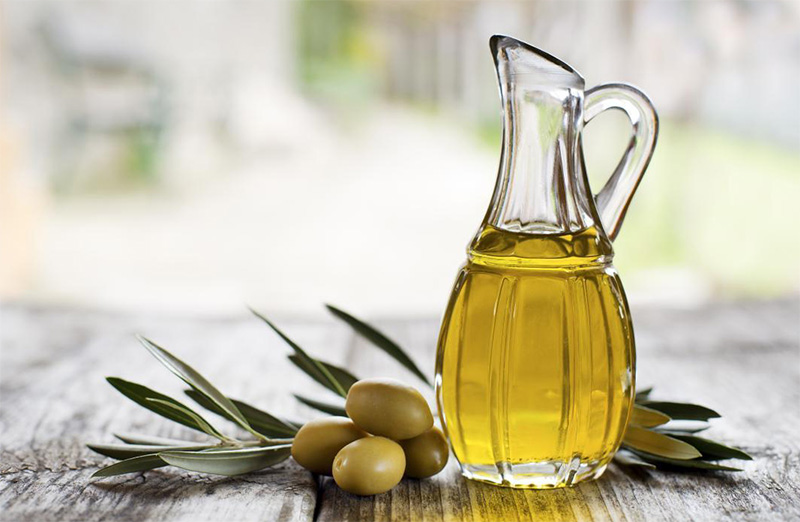
Current stressed lifestyles and rushed, unhealthy diets are important promoters of high cholesterol levels in the body, and that’s why I’m presenting some diet tips for preventing high cholesterol levels. We should always remember that the first step toward recovering our health and treating any medical problem should be an evaluation by a qualified specialist (I do recommend consulting a good cardiologist for treatment of cholesterol problems.)
This week I had my annual cardiological checkup. These tips expand on the recommendations of my cardiologist, and they could prove useful for keeping low cholesterol levels and, in general, a healthy lifestyle. Basically, we should start out by adopting better nutritional habits, including the following:
Eat more fiber and fruits, vegetables and whole cereals (maize, rice, wheat, sorghum, etc) because they promote lowering of bad LDL cholesterol levels, without affecting good HDL cholesterol. Prefer vegetables to fruits, though, because the latter usually contain higher concentrations of sugar. On its side, whole grains may be nutritionally superior to refined grains, and richer in fiber, some proteins, antioxidants, minerals and vitamins. By the way, did you know that “cereal” derives from “Ceres”, the name of the pre-Roman goddess of harvest and agriculture?
Prefer foods rich in polyunsaturated fatty acids (PUFAs), such as Omega 3 (ω−3). The healthiest foods rich in ω−3 fatty acids are flaxseeds, walnuts and cold water oily fishes such as salmon, herring, mackerel, anchovies and sardines. Eggs are also a source of ω−3. By the way, did you know that eggs from chickens fed corn have one-tenth the ω−3 in them as eggs from free-range chickens that eat greens and bugs? On June 19, 2019, the U.S. Food and Drug Administration gave qualified health claim status to eicosapentaenoic acid (EPA) and docosahexaenoic acid (DHA) ω−3 fatty acids, stating that “supportive but not conclusive research shows that consumption of EPA and DHA ω−3 fatty acids may reduce the risk of coronary heart disease.”
Read more